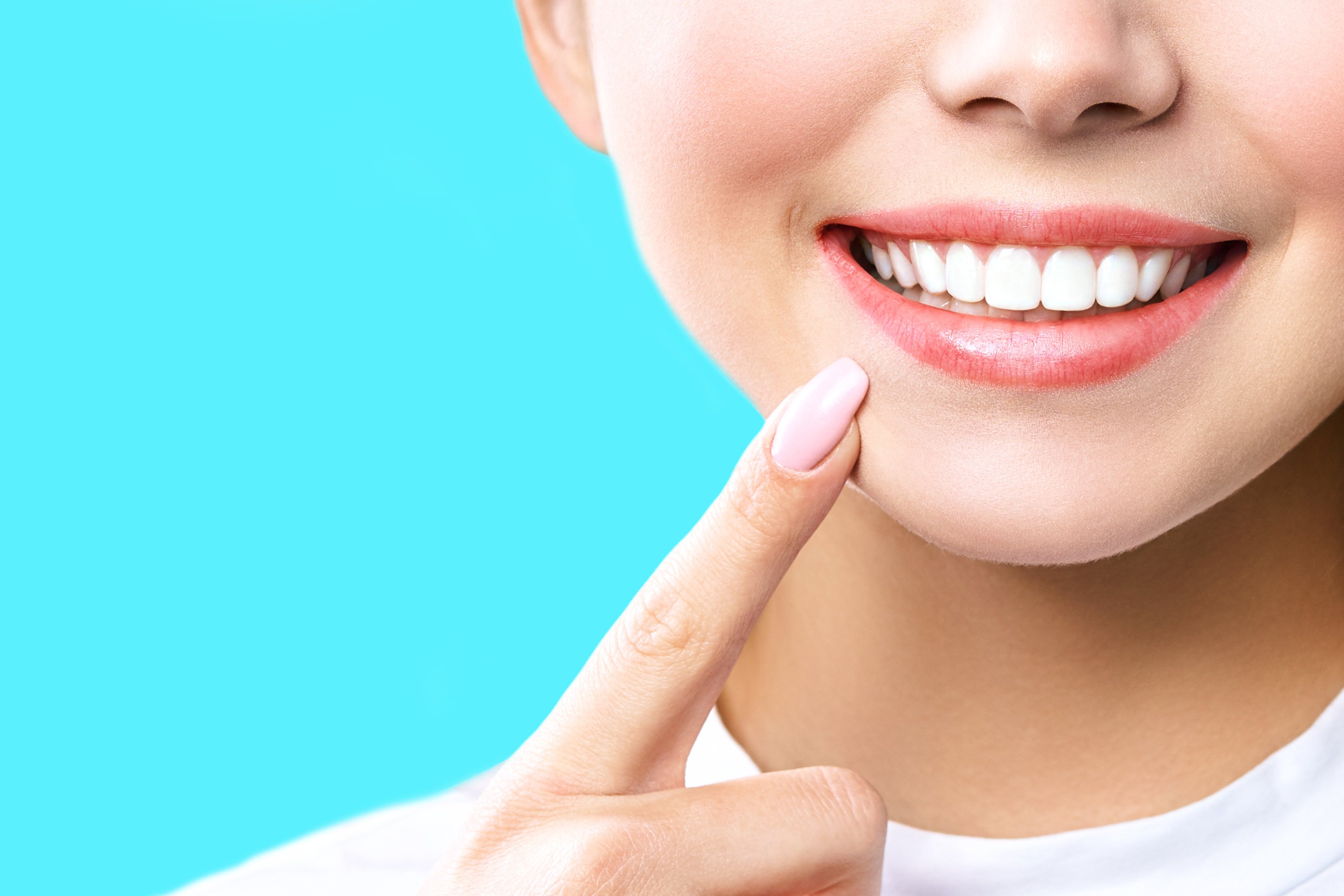Understanding Pregnancy Gingivitis

Summarize with AI
Pregnancy causes a woman to experience hormonal changes that increase her risk for oral health problems, such as inflammation of the gums and periodontitis. Here's what you should know about pregnancy gingivitis, along with some valuable tips on preserving your oral health while you're expecting.
Gingivitis During Pregnancy
The increased levels of progesterone during pregnancy make it easier for certain types of gingivitis-causing bacteria to proliferate. Elevated hormones also make gum tissue more sensitive to plaque, while exaggerating the body's response to the acidic toxins that result from dental plaque. What's more, if a woman already has gum disease, being pregnant can make it worse.
What Are the Symptoms of Gum Disease in Pregnancy?
According to the American Dental Association, many women will experience gum inflammation between the second and eighth month of their pregnancies. Symptoms can range from bright red gums that bleed a little when brushing to severe bleeding and swelling of gum tissue.
It's important for women to schedule several dental appointments during pregnancy to check for signs of pregnancy gingivitis and gum disease. Early detection can make it much easier to treat any issues and reduce the risk of long-term dental problems after your baby is born.
Why You Should Be Concerned
In addition to increasing a mother's risk of long-term dental problems, pregnancy gingivitis could lead to serious gum disease which can complicate pregnancies. Research has shown that pregnant women with chronic gum disease are much more likely to deliver prematurely and have underweight babies than mothers with healthy gums.
How to Get Rid of Pregnancy Gingivitis
Pregnancy gingivitis treatments vary depending on the severity of the issue and the stage in a woman's pregnancy. Your dentist may recommend gum therapy in order to eliminate plaque build-up that is contributing to the problem. If the issue is severe, he or she may also prescribe antibiotics.
You can also take steps to reduce your risk of gingivitis during pregnancy. This includes brushing and flossing regularly and stopping the use of any type of tobacco. It's also important to schedule routine visits to your dentist, especially if you have any underlying health issues, such as diabetes, which can increase the risk of pregnancy gingivitis.
You should also talk to your doctor and dentist to make sure you are getting adequate nutrition to help protect your oral health. If you are showing signs of gingivitis, your dentist may recommend supplements such as Vitamins A and B. That said, it's important to talk to your dentist or doctor before you consider taking any type of supplement during your pregnancy.
.png)

